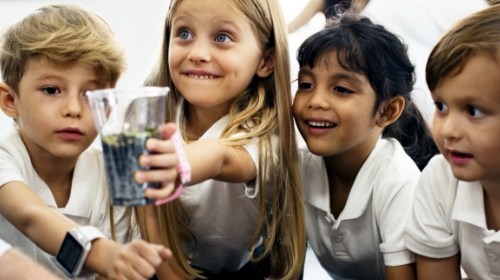We're sorry about this...
... but it's not all bad news. We're rebuilding our resource e-library to work better for you. Some resources will be unavailable while we curate the new e-library. We're sorry about any inconvenience caused in the meantime.
Note Want to help us develop our new resource e-library? Want to help us improve our new resource e-library? Complete this short questionnaire
Meanwhile...
... we still have a wide range of free resources avilable to help you create engaging lessons for your classroom.
 Primary resources
Primary resources
Our hand-picked resources have been created to give you new ideas and inspiration.
Primary resources Secondary and A-Level science resources
Secondary and A-Level science resources
Explore our range of resources available to teachers planning science lessons.
Science resources Secondary and A-Level computing resources
Secondary and A-Level computing resources
Bespoke computing resources for secondary teaching.
Computing resources Secondary and A-Level maths resources
Secondary and A-Level maths resources
The best resources for teaching the secondary mathematics curriculum.
Mathematics resources
